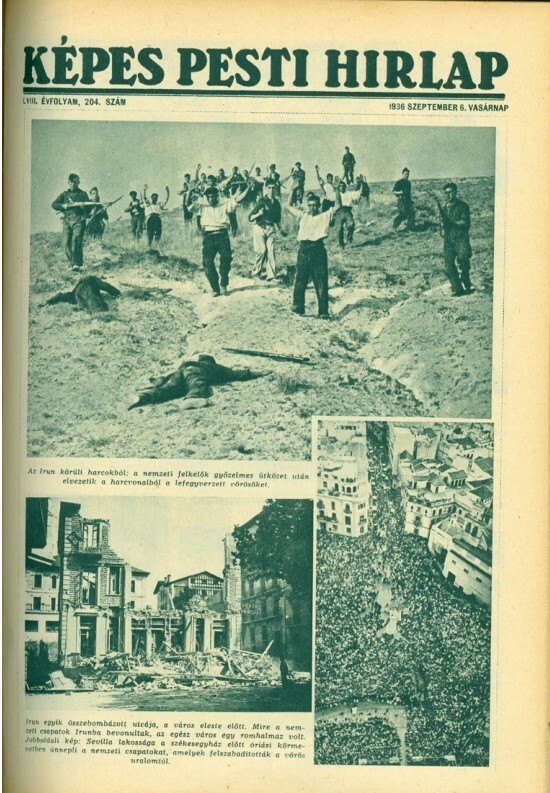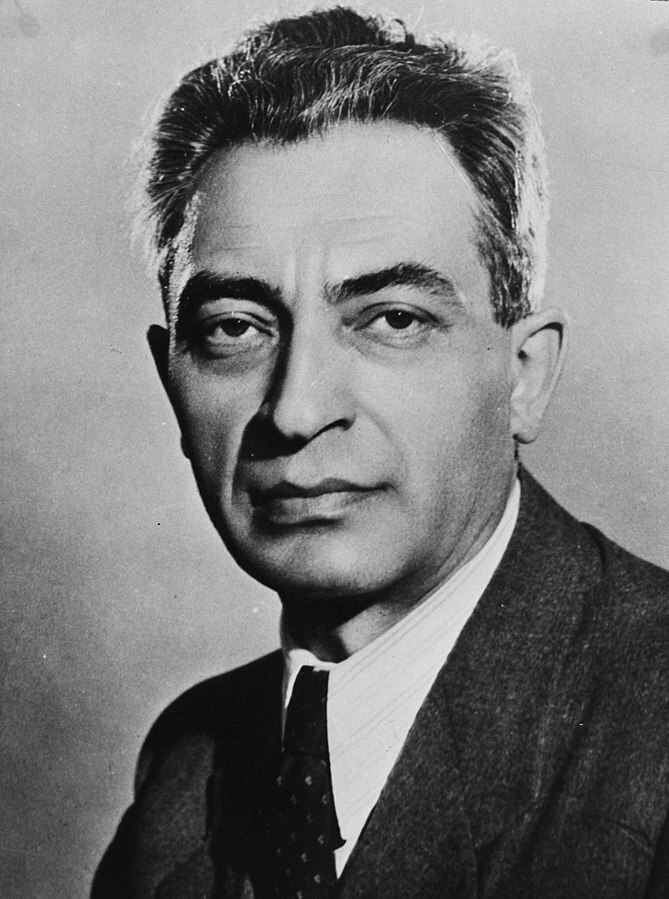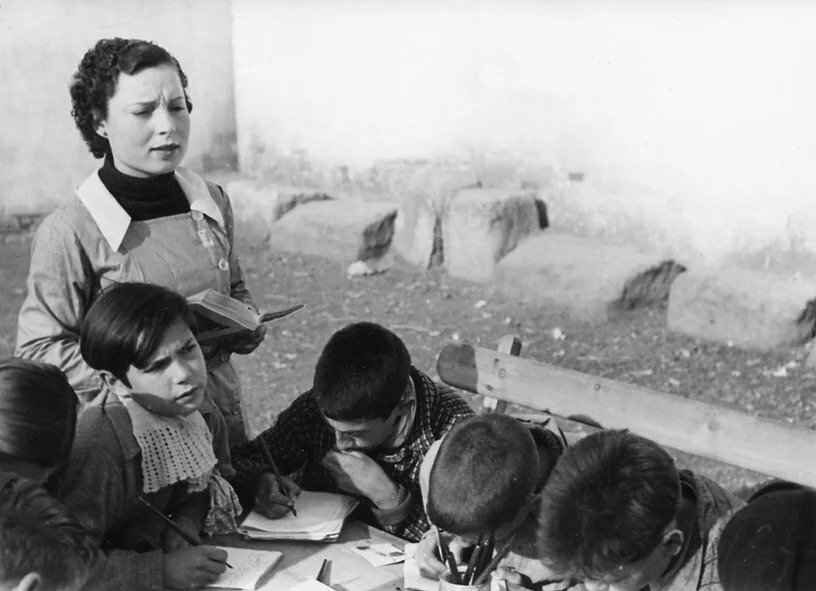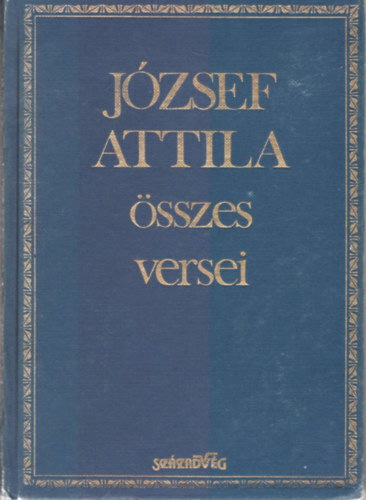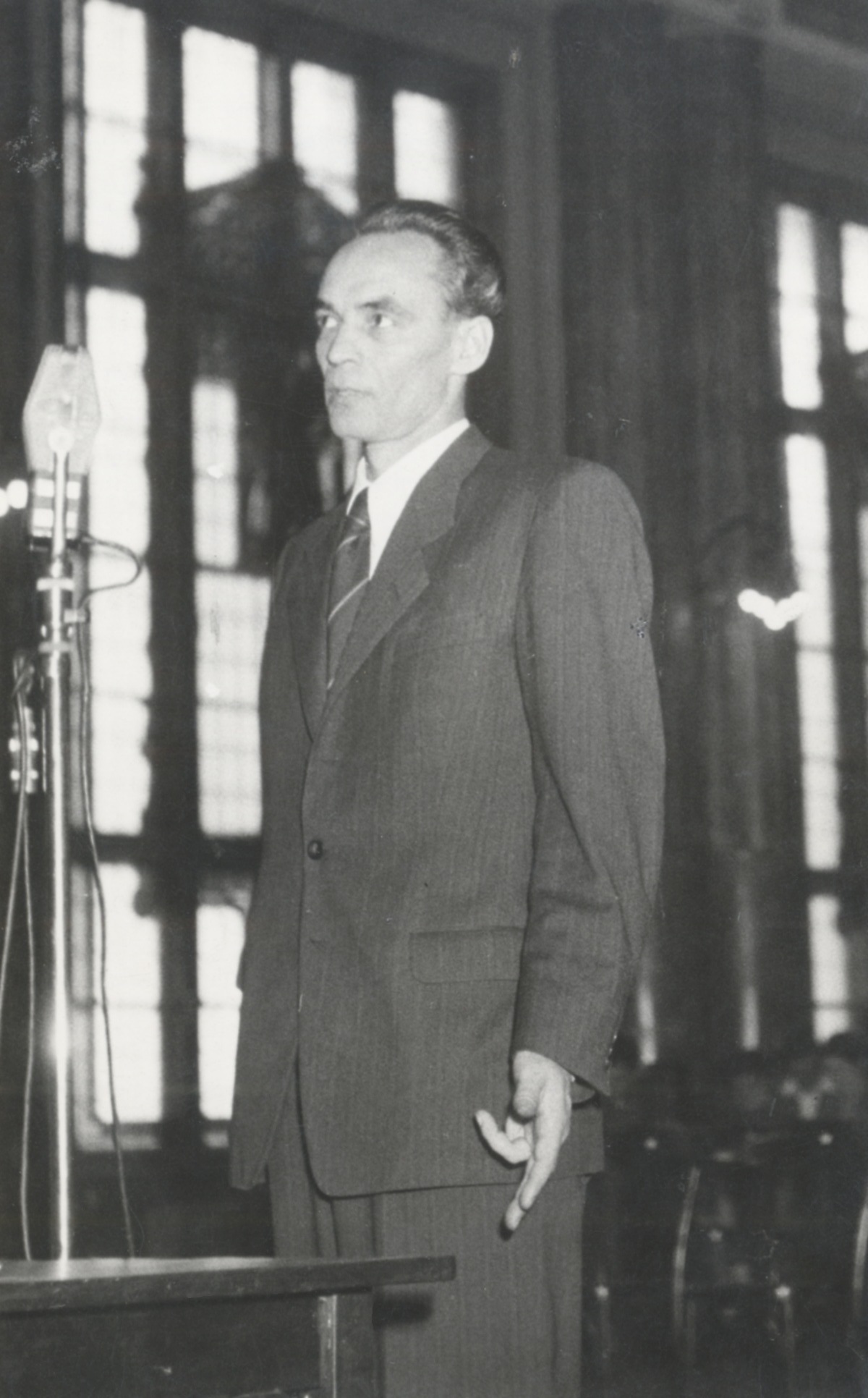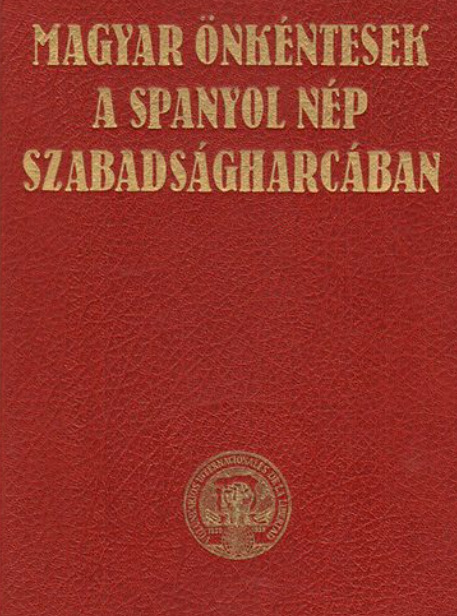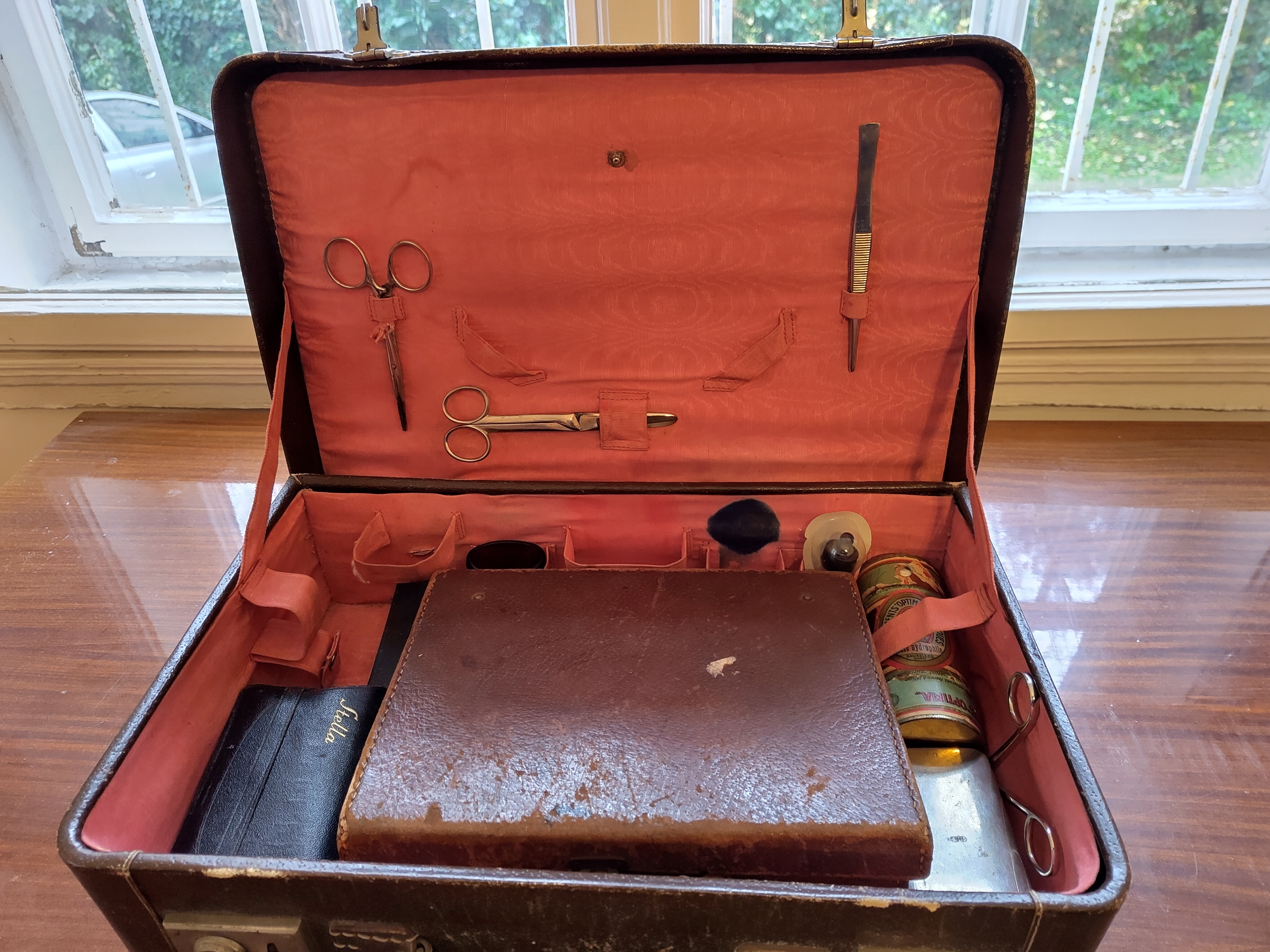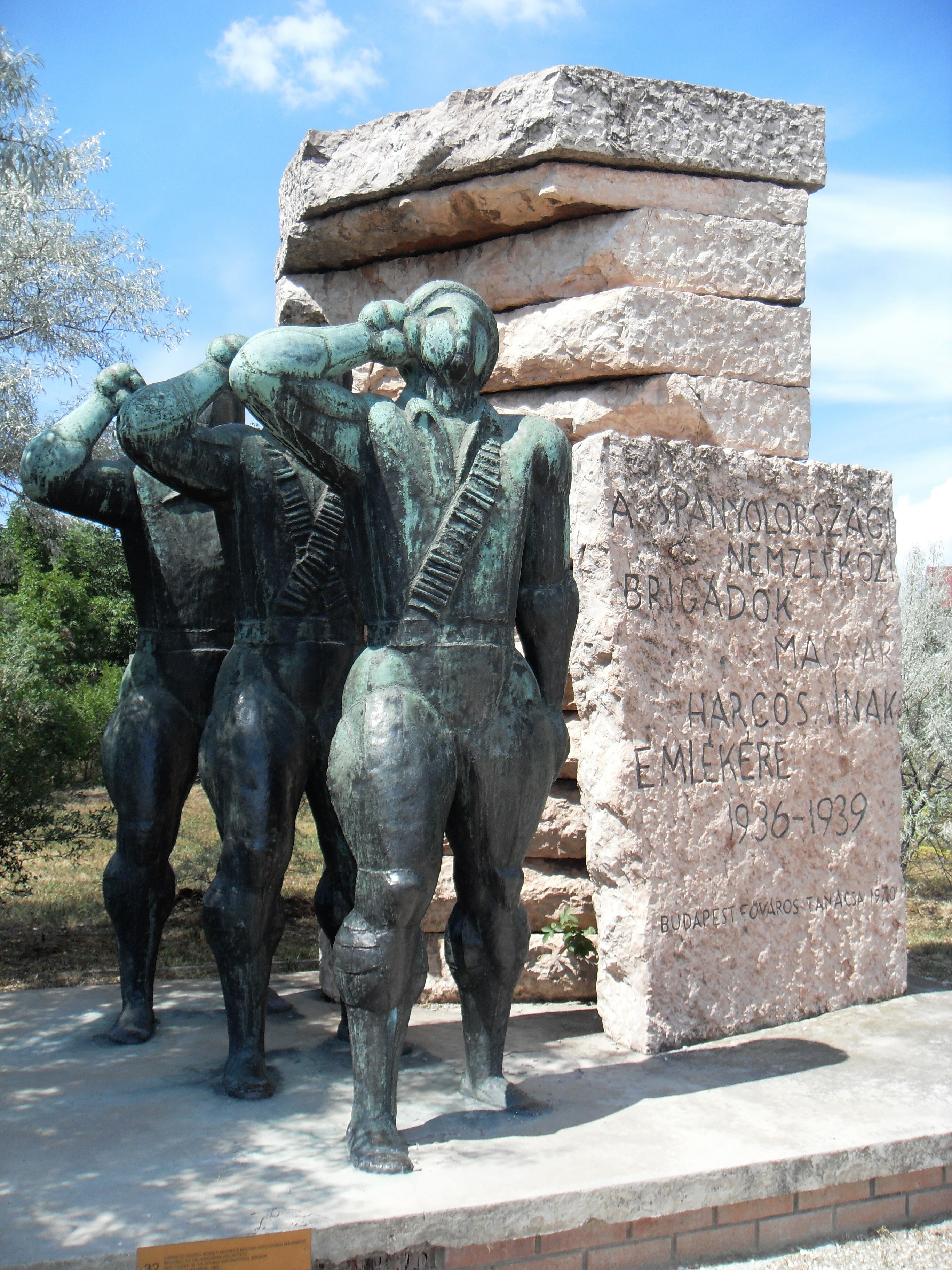Between 1920 and 1944, Miklós Horthy ruled Hungary as a regent. The country was trying to recover from the trauma of the consequences of World War I: under the Treaty of Trianon, signed in 1920, the country lost 2/3 of its territory and more than half of its population. As a result, many Hungarians either resettled in what remained of Hungary or emigrated to Western Europe and the Americas. In a conservative Hungary struggling to survive, right-wing and then far-right groups grew stronger over time, discrimination against Jews intensified, and as World War II approached, Hungary became increasingly close to Nazi Germany. The opposition to the regime was made up of left-wing groups, from the social democrats to the communists, who believed that the processes seen in Italy and Germany in the 1930s were having an increasingly damaging effect on Hungary and therefore expressed solidarity with left-wing anti-fascist movements around the world. It was under these circumstances that the news of the Spanish Civil War reached Hungarians within the country’s borders and in many parts of the world. While the Hungarian government forbade its citizens to take part in the Spanish war, many Hungarians traveled to Spain to support the cause of the Republic in various ways, such as joining the International Brigades, doing political or propaganda work, and documenting the war.








